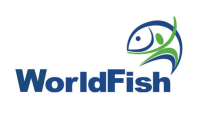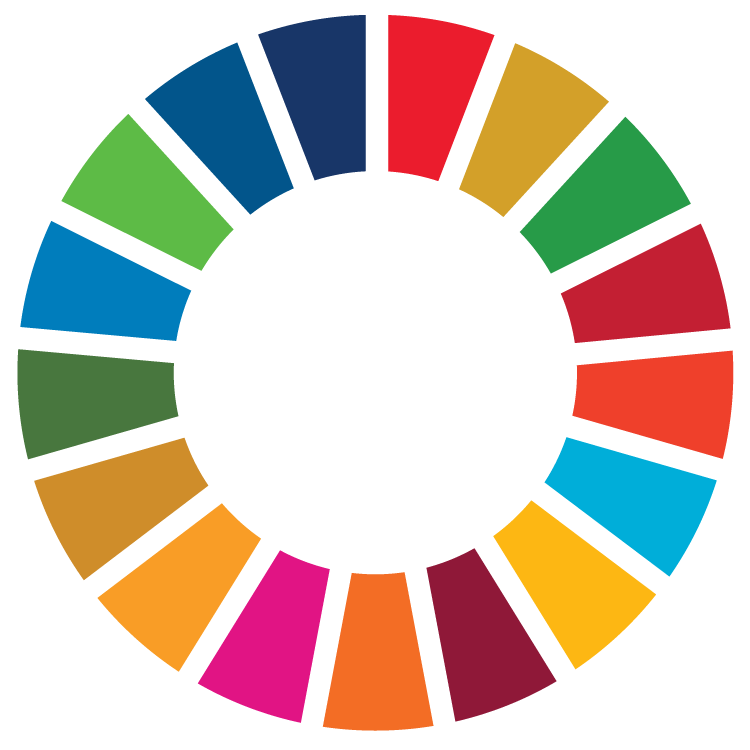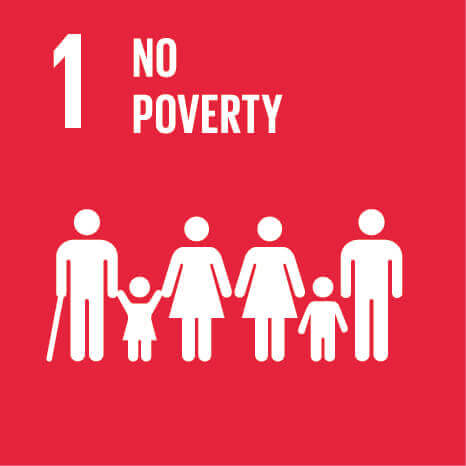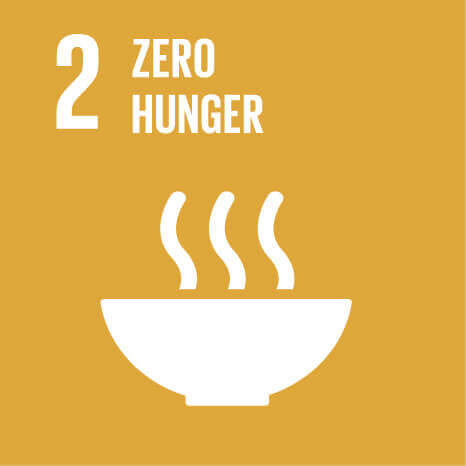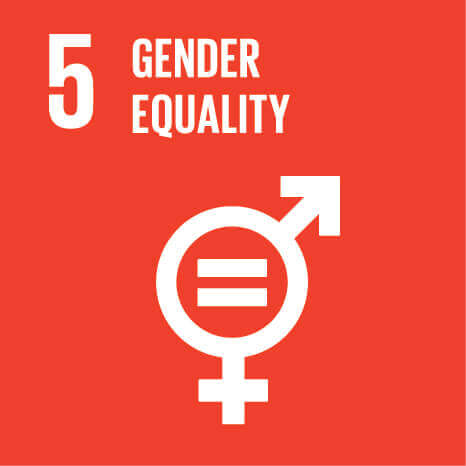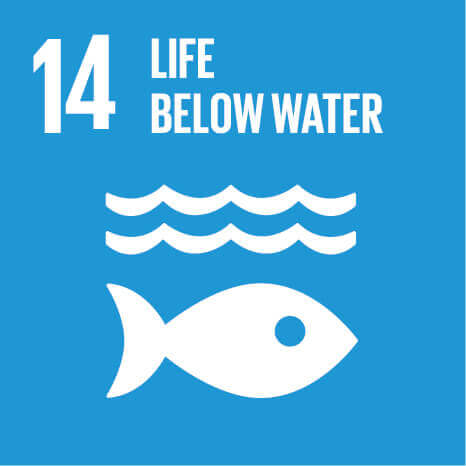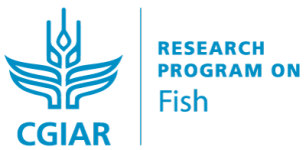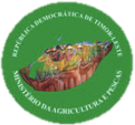Inclusive, evidence-based development of a National Fisheries Strategy for Timor-Leste that sets the direction for future fisheries and food security investments.
Published on: April 30, 2019, Submitted by David Jonathan Mills on: April 23, 2019, Reporting year: 2018
Reviews of recent research and a deeply consultative process engaging women and men resource users, their communities, resource managers and key stakeholders led to the co-development of a National Fisheries Strategy to enable: sustainable benefits from marine fisheries to accrue equitably, inclusion of women in decision making, improved nutrition outcomes particularly among children, increased production and better livelihoods for coastal communities. The policy sets the direction for future fisheries and food security investments by government, donors and development actors.
Leocadia de Araujo was one of three women fishers chosen during the first Women Fishers' Forum in Timor-Leste to present at the National Fishers' Forum
As a post-conflict small island developing nation with persistent poverty and high rates of under-nutrition, the fisheries sector in Timor-Leste can play an important role in nation building, improving nutrition outcomes, providing livelihoods and supporting resilient economies of coastal communities. Fishing capacity is low and fisheries benefits suboptimal, and unlocking this requires a coordinated investment approach. The National Directorate of Fisheries within the Ministry of Agriculture and Fisheries, requested assistance from WorldFish in developing a National Fisheries Strategy. Working with international experts, government agencies, locally engaged international agencies, stakeholders and communities over a period of 18 months, a highly consultative Strategy document was developed. A series of local, regional and ultimately national forums insured strong input and ownership by resource owners and users. The strategy hsa been informed by research conducted in the sector (by WorldFish and the FAO Regional Fisheries Livelihoods Program) in the areas of fisheries co-management (research artilcle, in review), technology (research article in draft), fishing capacity (research article in review), livelihood interactions (see Mills et al. 2017), fish consumption and sector status (see Lopez-Angarita et al. 2019). The Strategy emphasizes the diverse, gendered benefits of small-scale fisheries and promotes equitable small-scale and local fisheries development as the priority. While much of the impact from the Strategy will be realized through implementation over the coming years, the process of development has had diverse capacity impacts. For the first time in Timor-Leste communities have been directly engaged in the process of setting sector priorities and directions, and their priorities incorporated both into the strategy and into the parallel activity of revising the fishery law (also led by WorldFish). The process has built the capacity of MAF staff in gender sensitive and engaged approaches for working with fishers and fishing communities, and to the early processes of co-management. The promotion of women's voice in management, and the Women Fishers Forum held as part of the consultation process form part of a strong momentum for women's collective action in the fisheries sector. In early 2019, the Minister for Fisheries and Agriculture will take a package consisting of the National Fishery Strategy, the revised Fishery Law and the National Oceans Policy (developed in collaboration with but not led by WorldFish) to the Council of Ministers for endorsement as legal documents to drive sector development.
In establishing the Fishery Sector Support Program for Timor-Leste, the Ministry of Agricutlure and Fisheries highlighted the development of a National Fishery Strategy (NFS) as among the highest priorities for the sector. The Norwegian Embassy in Jakarta supported this program through funding to WorldFish. With the help of an international consultant engaged by WorldFish, the process of developing the NSF began in 2017 when WorldFish facilitated the establishment of a technical working group. In 2017 this group conducted a sector analysis and priority setting exercise with key government agencies. This was verified, modified and further developed through the technical working group and two rounds of stakeholder consultation (December 2017, March 2018) each attended by approximately 60 representatives from 30 stakeholder groups, to produce the zero draft document. A core team of six (3 from WorldFish TL, 3 for MAF) covered some 2500km by road, sea and air over a six week period (August and September 2018) to conduct fisher and community consultations at 37 localities throughout the 11 coastal municipalities of Timor-Leste, seeing the participation of 106 women and 479 men. Particular effort was made to promote representation by women, often requiring a second meeting to be held at a time preferred by the women. At meetings, the NFS was introduced and it's objectives outlined, then breakout groups were used to obtain opinions, priorities and issues for resource owners and communities. Following these initial meetings, representatives were chosen to attend one of 5 Regional Forums (October 2018) where detail of the revised strategy was discussed, and regional statements were developed for presentation at the National Fisheries Forum. The Women Fishers Forum (80 fishers from around the country) was held the day prior to the NFF, where the women shared stories, had presentations on gender activities and gender equity, a developed a consensus statement to present at the National Fisheries Forum. The National Fisheries Forum was opened by the Minister for Agriculture and Fisheries, with introductory messages from the Norwegian Ambassador to Jakarta and the Timor-Leste National Director of ADB. The event was attended by 250 men and women fisheries and stakeholders, received presentations on the state of the sector, the National Fisheries Strategy, and presentations from fisher men and women. The momentum for collective action, initiated through received consultation processes forms a solid basis for future improvements to and scaling of fisheries co-management and other forms of nutrition-sensitive fisheries management.
Stage of Maturity and Sphere of influence
-
Stage of Maturity: Stage 1
-
Contributions in sphere of influence:
Acknowledgement
The development of the NFS required committment from staff of the Directorate General of Fisheries, and enthusiastic engagement by fishers, community members and diverse stakeholders. The generous funding by the Norwegian Embassy in Jakarta and the Asian Development Bank supported this work. The work was carried out as a component of the CGIAR research program on FISH.
Projects
-
Timor-Leste Fishery Sector Support Program (Phase I)
-
Development of the National Fisheries Strategy in Timor
